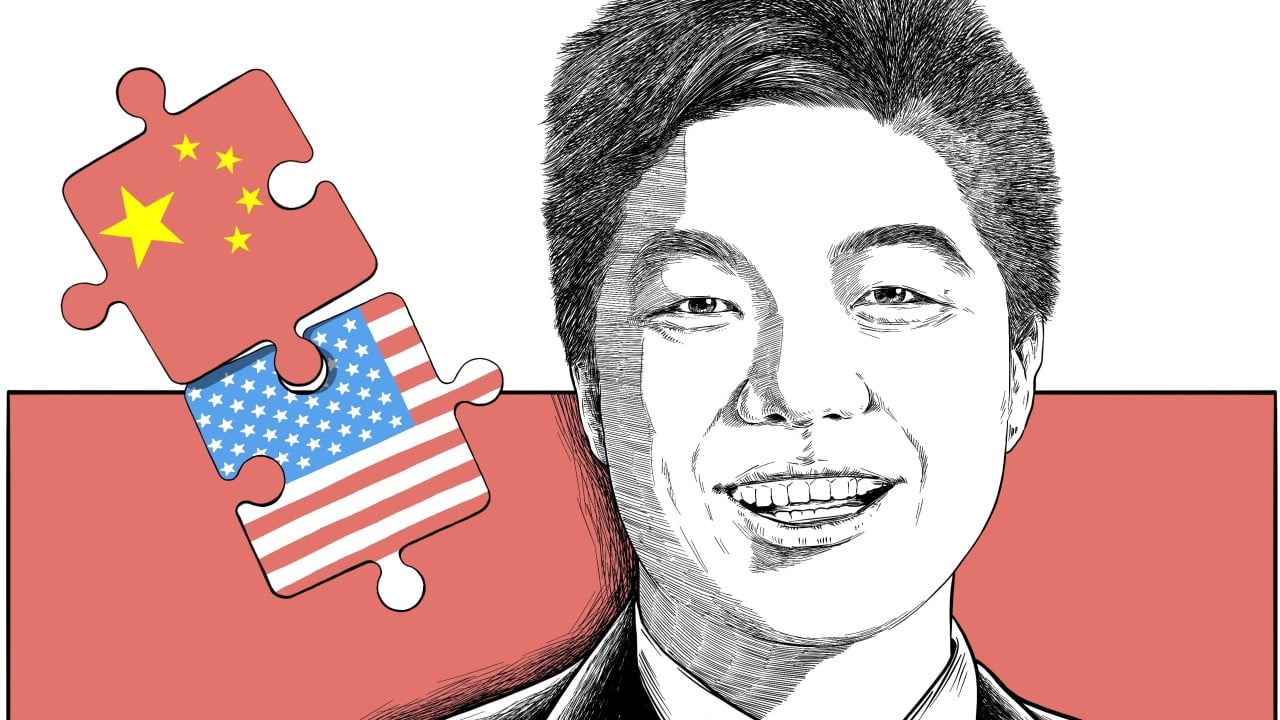Jing Qian is vice-president of the Asia Society and managing director of its Centre for China Analysis (CCA), which he co-founded with Kevin Rudd, former prime minister of Australia. His research examines the interplay between domestic politics and foreign policy in the United States and China.
Advertisement
In his second Open Questions interview, he delves into the two countries’ all-important relationship, how its twists and turns play out in Europe and the numerous domestic economic challenges Beijing is attempting to tackle.
This interview first appeared in SCMP Plus. For other interviews in the Open Questions series, click here.
The US has announced a 90-day extension of the China tariff truce, despite no breakthroughs coming from the third round of trade talks. What do you make of this?
This outcome was largely anticipated. The Stockholm joint communique explicitly referenced the Geneva joint statement – the leader-level blueprint endorsed by both presidents that set out core principles – and portrayed the London talks as a continuation. This framing makes it useful to review the progression from Geneva.
Advertisement
When US and Chinese negotiators gathered in mid-May in Geneva, de-escalation was their shared interest. Markets were rattled, global forecasts had been dimmed and both Beijing and Washington needed breathing space.
Around the table sat US Treasury Secretary Scott Bessent and US Trade Representative Jamieson Greer. They faced China’s Vice-Premier He Lifeng, backed by veteran negotiators – Vice-Minister of Finance Liao Min and Vice-Minister of Commerce Li Chenggang – described by their US counterparts as “tough”.

